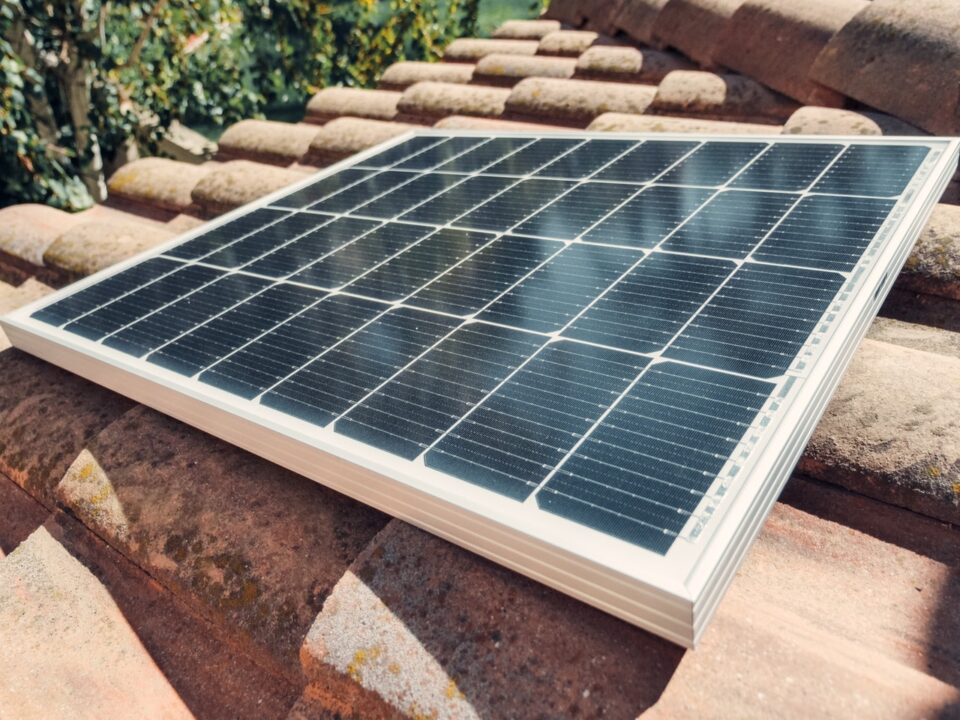Are you thinking of installing solar panels on your roof? If so, then you deserve a commendation for using renewable energy. Before you begin, it’s important to consider a few factors beforehand. Here are four important things to keep in mind when installing solar panels:
1. Condition of Your Roof
It is vital to first check what the current condition of your roof is. A significant factor to consider would be the climate and weather pattern of your area. For instance, California has a climate pattern similar to the Mediterranean region, which is characterized by warm, dry summers and mild, wet winters; asphalt shingles are the common types of roof materials used. Asphalt shingles are excellent insulators, have long lifespans, and carry solar panels efficiently, provided that the roof has good roofing support. You can learn more here if you want to know if your roofing needs to be replaced before installing solar panels or if you need a different type of roofing to support it. When you are not sure about the current condition of your roof, it is best to consult a professional roofing specialist for an expert assessment.
The age of your roof is another important factor to consider before installing solar panels. If you have an older roof that is reaching the end of its lifespan, it is not advisable to install solar panels because you may need to replace your roof soon afterward. Solar installations are a major home improvement project and can be costly, so it is best to plan ahead and factor in all associated costs.
2. Your Roof’s Orientation
The direction your roof faces is key when deciding if solar panels are a good option for you. South-facing roofs are ideal for solar panels, as they receive the most sunlight throughout the day. If your roof doesn’t face south, that doesn’t mean you can’t install solar panels – just be aware that you may not get as much benefit from them.
The angle of your roof is also an important roof orientation factor to consider. If your roof is angled too steeply, the solar panels may not receive enough sunlight to be effective. In general, solar panels should be installed on a roof that has an angle between 15 and 45 degrees. Also, solar panels work best when they are in direct sunlight. If your roof receives shade for much of the day, you may not get maximum efficiency out of your solar panels. If there are any large trees in or near your yard that frequently cast shadows on your roof, consider trimming them back to reduce shadows.
3. The Size of Your Roof
Another thing to consider is the size of your roof. You’ll want to make sure you have enough space to install the number of solar panels you need to generate the amount of energy you want. The more solar panels you can fit on your roof, the better. Solar panels each produce a certain amount of energy based on their size and quality; however, if you need to install several different sizes in order to accommodate all of the space on your roof, it may be worthwhile. The more solar panels you have installed, the more energy they’re capable of producing throughout the course of a year.
4. Your Home’s Energy Consumption
Another important factor to consider is your home’s energy consumption. Do you use a lot of electricity? If so, installing solar panels may be a good way to reduce your monthly energy costs. On the other hand, if you don’t use very much electricity, solar panels may not be the best option for you. Solar panels work best when they can be used all day long, so you need to know how much energy you use on an average day. You can get this information from your utility company or check your monthly power bill. Turn on all of the electrical appliances that you would normally have on an average day and note how many watts each one uses. If you add up these numbers, it should give you a pretty good idea of what sort of system size will be right for you.
5. The Cost of Installing Solar Panels
One of the most important factors to consider before installing solar panels on your roof is the cost. While the cost of solar panels has come down in recent years, it’s still a significant investment. You’ll need to weigh the cost of the solar panels against the potential savings you could see on your energy bill. They can still be expensive, but there are a number of government and financial incentives available to help offset the cost.
By taking these factors into account, you can make an informed decision about whether solar panels are a good option for you. If you decide they are, be sure to research local installers to get the best deal.

